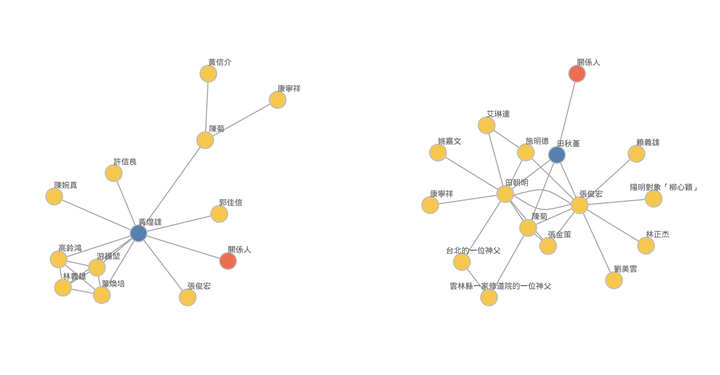Keeping It Secret: Surveillance, Informant Networks, and the Protection of Informants in Authoritarian Regimes

Authoritarian regimes rely heavily on informant networks to infiltrate and surveil dissident organizations. While the role of informants in state repression is well-documented, existing research often overlooks how secret police use the intelligence gathered from informants without compromising their identities. In this article, we examine the conditions under which secret police agencies seek to protect informants from exposure. We argue that agencies face a tradeoff between the risks of exposing informants and the costs of implementing protection, often prioritizing protection for informants who are deeply embedded in dissident networks and provide rare, high-value intelligence. Using declassified surveillance reports from 1970s Taiwan, we find that protection is most likely when informants are close to well-connected dissidents, interact with behind-the-scenes activists, or provide sensitive information about internal conflicts. Deeply embedded informants offer high-value intelligence but face greater risks of exposure, making them especially worth protecting. These findings contribute to research on surveillance and repression by showing how secret police manage the risks of informant exposure while leveraging human intelligence to counter dissent.
「應用時,請報密」:威權政府下的秘密監控、異議份子網絡、與線民保護計畫
威權政權往往高度依賴線民網絡來滲透並監控異議份子。雖然線民在國家鎮壓中的角色早已被廣泛研究,但既有文獻往往忽略了一個重要的問題:祕密警察如何在不曝光線民身分的情況下運用他們蒐集的情報。本文探討祕密警察在何種情況下會致力於保護線民免於曝光。我們認為,情報機構在行動時必須在兩種風險間權衡:一是線民可能被暴露的風險,二是保護線民所需的成本。在權衡曝光風險與保護成本的情況下,祕密警察會優先選擇保護那些深度滲入異議網絡、能提供稀有且高價值情報的線民。本文透過分析臺灣1970年代解密的監控檔案來檢證此觀點。我們發現,當線民與人脈廣泛的異議人士關係密切、與潛藏在地下的幕後行為者有接觸,或能提供關於內部衝突的敏感資訊時,他們最有可能受到保護。這意味深度滲透的線民能提供高價值情報供秘密警察使用,但同時又面臨更高的曝光風險,因此更值得被保護。這份研究結果有助於我们理解秘密監控與鎮壓的運作,並揭示祕密警察如何在運用人力情報打擊異議時,同時權衡線民被曝光的風險。